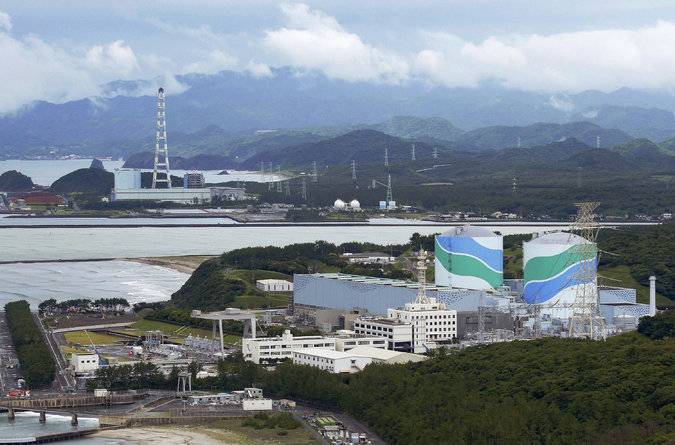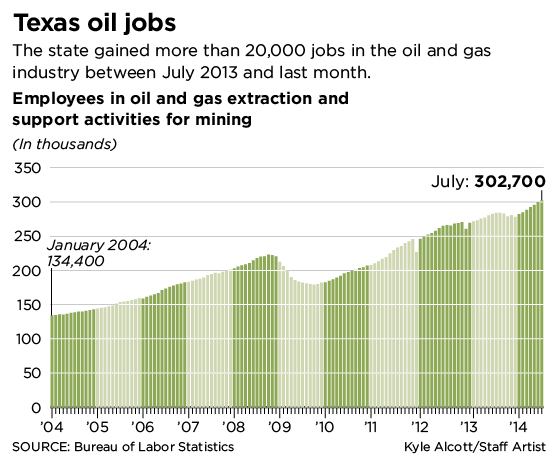SixFoot
Get off my lawn!
- Sep 4, 2014
- 1,629
- 665
- 1,030
In spite of massive alternative energy failures over the last few years, more and more people (people who are more well off than me, or very DIY savvy) are investing in solar and wind power to supplement their energy usage, which is also conserving fossil fuel usage. I say good on those who are able to invest.
California has horrible droughts and I'm sure water evaporation from their canals isn't helping any either.
Indian water canal topped with solar panels to conserve water, conserving land, and producing 1mW of renewable energy.

With energy prices necessarily skyrocketing, why not make investments like these instead of flashy eurotrash-style railways?
This Conservative supports economical, alternative solutions like these, but if we're going to make serious strides in weaning ourselves off of so much oil and foreign dependence (especially on the filthy middle east OPEC), can we also take this kind of clean energy more seriously and start investing in a few more? It seems like we're the only people in the world who can't build anything viable for our long term benefit.
Three Years After Fukushima, Japan Approves a Nuclear Plant

In the meantime, could we please also expand and renew contracts for producing more oil/coal/gas on federal lands to be on par with the rest of the resource booms? I don't know about you people, but I could sure use a break on the prices of fossil fuels.
As oil boom continues, there’s no end in sight for job growth

This country could so easily have its cake and eat it too on both energy demands and types of energy production. So what's REALLY stopping us from using ALL of our resources on the road to finding complete independence on energy?
Discuss.
California has horrible droughts and I'm sure water evaporation from their canals isn't helping any either.
Indian water canal topped with solar panels to conserve water, conserving land, and producing 1mW of renewable energy.

With energy prices necessarily skyrocketing, why not make investments like these instead of flashy eurotrash-style railways?
This Conservative supports economical, alternative solutions like these, but if we're going to make serious strides in weaning ourselves off of so much oil and foreign dependence (especially on the filthy middle east OPEC), can we also take this kind of clean energy more seriously and start investing in a few more? It seems like we're the only people in the world who can't build anything viable for our long term benefit.
Three Years After Fukushima, Japan Approves a Nuclear Plant

In the meantime, could we please also expand and renew contracts for producing more oil/coal/gas on federal lands to be on par with the rest of the resource booms? I don't know about you people, but I could sure use a break on the prices of fossil fuels.
As oil boom continues, there’s no end in sight for job growth
This country could so easily have its cake and eat it too on both energy demands and types of energy production. So what's REALLY stopping us from using ALL of our resources on the road to finding complete independence on energy?
Discuss.
